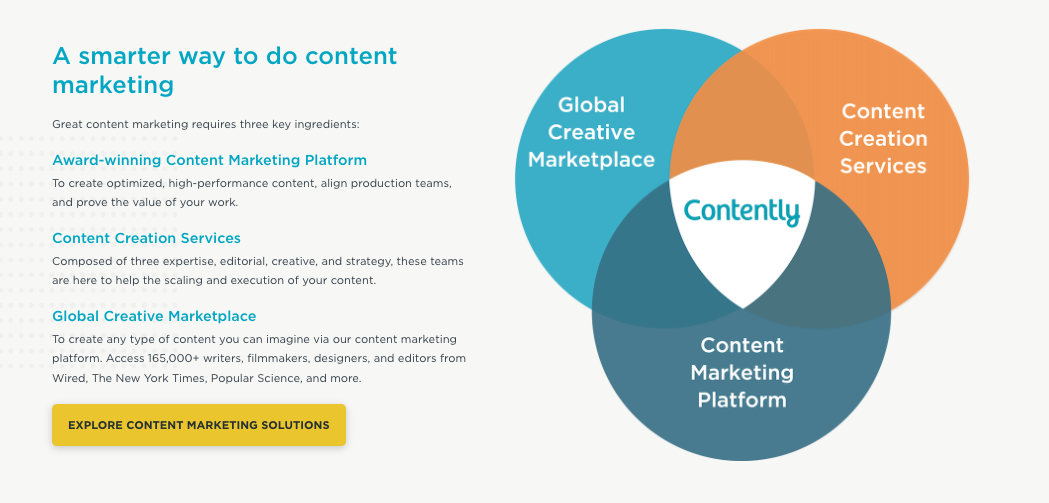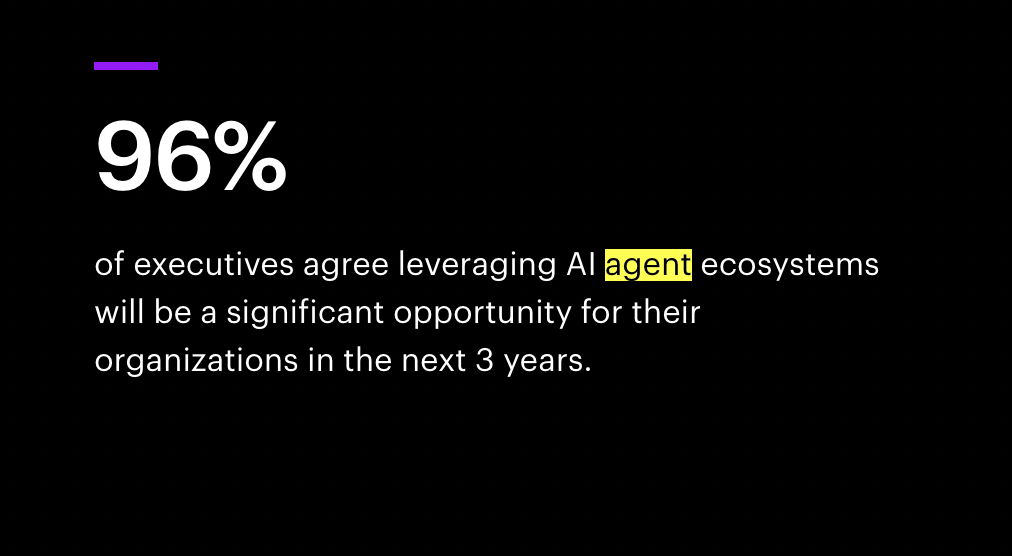It’s hard to remember a time before Google. How on Earth did people answer pressing questions like “How to get tomato sauce out of carpet” or “What’s the capital of Djibouti” before the almighty search engine?
But thanks to the rise of AI search, for the first time in decades, cracks are appearing in Google’s once-impenetrable market stronghold. When OpenAI unleashed ChatGPT upon the world in 2022, you could practically hear the collective held breath from Silicon Valley to Wall Street as all eyes turned to Google, watching how it might respond.
Unsurprisingly, Google isn’t sitting back and twiddling its thumbs. Not only has the company reportedly scraped its own subsidiary YouTube’s content to build its generative AI engine, Gemini—a controversial move for numerous reasons—but the company has also raced to integrate AI features directly into its core search engine product. In May 2024, the company announced “AI Overviews” to much fanfare. (And also a few embarrassing, high-profile flubs, like encouraging users to add glue to their pizza. Google has since scaled back the launch while it works through these initial misfires.)
But if we’ve learned anything about the tech powers that be, it’s that they’re not to be underestimated. Despite AI Overviews’ rocky rollout, there’s a 0% chance that Google will put the AI genie back in the bottle. As such, search is on the cusp of changing dramatically—with major implications for the future of content strategy.
What do AI search summaries mean for marketers?
AI-powered search summaries are poised to revolutionize the SEO landscape—in some ways that are predictable and others we probably won’t see coming.
Here are three outcomes I’m pretty confident about.
1. Websites are going to see traffic dips (at least at first).
AI search summaries are almost certainly going to mean less traffic to brands’ websites, at least initially. For a lot of queries—like the tomato sauce example—Google will make good on its promise to “do the Googling for you.” For users, this will feel like having a personal house-cleaning expert on call. But for stain remover brands, it’ll be a blow—unless they can figure out how to snag that top slot on the AI’s featured snippets.
The big fear I’m hearing among marketers these days is that if Google provides satisfactory answers directly in the SERPs, there’ll be no need for users to visit pesky third-party websites anymore. B2B brands that rely on capturing leads through forms and gated content will feel this challenge acutely: With Google providing answers directly in search results, users may feel less compelled to click through to read a full article or white paper.
This will be a puzzle that everyone, from publishers to B2B brands to local laundromats, will need to invest time and effort into solving. But it doesn’t mean it’s time to throw in the towel when it comes to content marketing. High-quality, authoritative, and engaging content will still be crucial, perhaps even more so than before. How marketers design it, however—and optimize it for a new, AI-driven search landscape—will almost certainly need to shift.
2. Brands will need to get creative with first-party data collection and customer touchpoints.
On that note, marketers are going to need to learn how to better connect their brand to users in the places they know attract human eyes and ears. Visual and voice search on social platforms, influencer and micro-influencer campaigns, and experiential marketing activations could all play a bigger role. Loyalty programs, email newsletters, and other owned channels may be additional avenues that get users coming directly to brands’ sites.

SaaS platforms like Contently will further prove our value in the face of these rapidly evolving search and content strategies. As a platform that offers access to top-tier talent from SEO strategists to videographers to podcasters, companies looking to experiment with new approaches will be able to do so nimbly—which will be pivotal in an era where the ability to adapt on a dime is a clear differentiator.
3. SEO will evolve to cater to AI agents
Accenture predicts that over the next decade, AI will evolve from merely assisting with tasks to taking autonomous actions through interconnected “agent” ecosystems. This shift will require enterprises to rethink their AI strategies, moving away from narrow, function-specific applications and toward interdependent networks of AI agents that can make decisions and act on behalf of humans.

In the context of SEO, this means marketers will need to fundamentally rework their content strategies to appeal to these agents (almost like a niche form of prompt engineering). As with all things AI-related, this is likely to be a fast-moving target, requiring an ability—and willingness—to repeatedly experiment and course-correct.
What does an AI search future look like?
The AI search revolution is both thrilling and a little nerve-wracking. While the likes of Google, Bing, and new players like Perplexity promise a future where information is more accessible than ever, it’s hard not to feel a twinge of unease about what it all means for those of us who have built our livelihoods around wrangling the almighty algorithm.
But I’ve got confidence that ultimately, AI will help marketers more than it hurts us, allowing us to work smarter—not harder. And as we’ve proven through previous paradigm shifts (the “pivot to video” of 2014 comes to mind), we’re an adaptable bunch. Just as SEO experts embraced the rise of mobile and the fall of keyword stuffing, content marketers will weather this sea change. The key will be keeping a close eye on the ever-shifting landscape—and perhaps hurling spaghetti at the wall for a while as we figure out what sticks in this brave new world of AI search.
And if we get a little tomato sauce on the rug in the process, at least we’ll know where to turn.
Ask the Content Strategist: FAQs about AI search
What are the specific mechanics of AI search summaries?
An AI search summary works by using advanced algorithms to scan and understand large amounts of online content, and then pulling out the most relevant information to answer a user’s query. They rely on natural language processing (NLP) to comprehend and summarize text in a way that’s easy to understand. It’s essentially like having an online assistant instantly sifting through tons of data to give users a concise answer.
How will AI search summaries impact voice search?
More and more users are turning to voice search to find information. AI search summaries could be particularly useful in this context, providing succinct, easy-to-understand answers read aloud by voice assistants (imagine a world in which Siri actually works). For marketers, this shift might mean optimizing content not just for traditional text-based search, but also for the unique characteristics of voice search, i.e., using more conversational language, targeting longtail keywords and questions, and structuring content in a way that’s easy for voice assistants to parse and summarize.
How do AI search summaries affect the accuracy and reliability of information?
AI search summaries aim to provide quick, accurate answers by pulling from reliable sources, but they can still make mistakes or miss nuances—see the now infamous “eat rocks” example. For users, it’s essential to double-check important details, as the technology is still evolving. For marketers, it’s critical to ensure any content you create is not only high-quality but also clear and precise, which may help reduce the risk of misinterpretation by AI. Brands will also need to stay vigilant about correcting any misinformation that may arise from AI summaries.
If you’re looking to expand your content team with writers, designers, photographers or multimedia creatives, contact Contently to find out how we can help.
